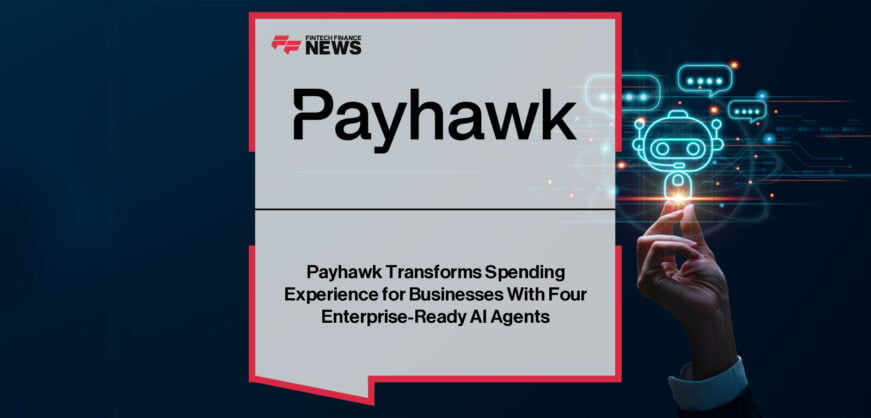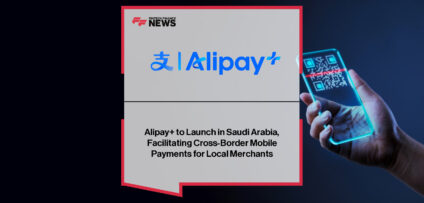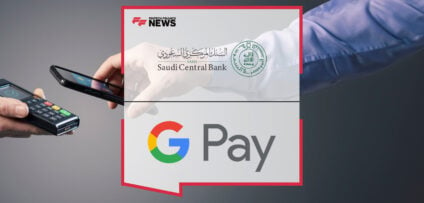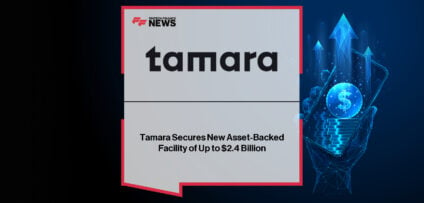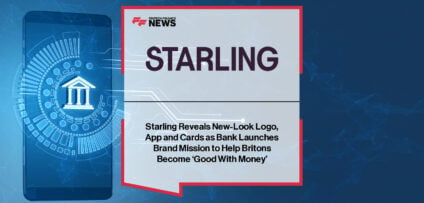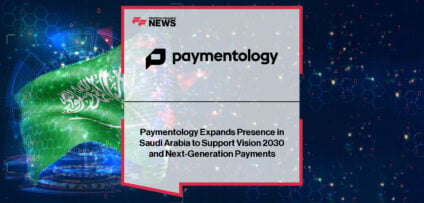Breaking News

Open Banking: Opportunity knocks but once Banks must embrace PSD2 or Risk being left Behind
Technology and legislation are blowing the cobwebs off the retail banking market. Banks who seize the opportunity to transform how they engage with their consumers will come out on top.
Banks have traditionally operated in a closed market with little impetus for competition or transparency, which has been compounded further by high barriers and low incentives to switch banks. This has created a seller’s market offering few consumer-led products. Consumers who can navigate the complexity find the best deal, but those who prefer a lighter touch approach to money management often lose out.
This has resulted in loyalty through inertia. Many of us end up entrusting our finances to ‘our bank’, without even considering if we’re getting the best possible deal for ourselves.
Today, the tide is turning. Bonds of loyalty are breaking down and we are seeing an emerging generation of platform agnostic consumers who don’t care whether they manage their money through their bank or their phone company. Recent changes have made it much easier for people to compare their options and switch bank accounts, making today’s consumers more open to changing banks than has previously been the case.
Already, the lines between banks, fintech, social media and telecoms are blurring. Once open banking becomes a reality, the banking market as we know it will be unrecognisable. The ties between a consumer and their bank will loosen as smartphones become the interface between people and their money. The entity sitting behind this engagement will become increasingly irrelevant.
The service formerly known as banking
Five years ago, the biggest threat to traditional financial institutions was the rise of the challenger bank. Now, they’re the least of their worries. Today, ‘challengers’ come in every shape and size, and consumers are embracing them with open arms.
Earlier this month, telecoms giant Orange announced the launch of its online banking platform. The move is indicative of the wave of disruption sweeping through retail banking market – driven by technological and legislative change. Orange is not alone in moving in on the territory of traditional banks. Facebook recently announced that it would be launching its P2P payment service in the UK and Apple is set to follow with its own virtual cash payment system.
PSD2, which comes into force in January, will bring an end to European banks’ monopoly on their customers’ data. Until now, banks have been able to keep their customer’s data under lock and key – resulting in a narrow range of products being offered to consumers that don’t necessarily give them the best deal. The legislation will blow open the retail banking market and will transform consumers’ access to financial services products, funnelling them towards the right banking products for their needs.
Smart aggregation technology is changing that. Fintechs like Tink are trailblazing open banking by accessing customer data via the banks’ APIs. Giving people visibility of their finances in one place allows them to compare how much they are paying for access to financial products like credit and mortgages. A better fairer market will be the result.
Money on autopilot
PSD2 will open the doors for third parties to build financial services apps which aggregate all of a consumer’s accounts and use powerful analytics to offer advice to consumers tailored to their spending and saving habits.
These apps will become the main interface for money management, regardless of who the consumer actually banks with. If banks don’t innovate and create customer led products, they risk losing their customers to companies who can offer them better banking products. The disruption won’t end with PSD2. More innovative solutions will be designed that will continue to evolve and enhance consumers’ relationship with their money. Banks will fall behind unless they accept and embrace this change.
First mover advantage
Held back by decades old technology and fragmented data storage systems, traditional banks may struggle to keep up with their new competitors, who come armed with the newest technologies. To remain competitive, they need to invest in the power to innovate.
First mover advantage is huge. Early adopters will be the heroes of the new landscape, reaping the commercial and reputational benefits of delivering a better service to their customers. Fintechs are the catalyst that will help them achieve this transformation – using technological innovation to enhance the relationship between consumers and their money, revolutionising the customer experience and unlocking the market so people can find the best deal.
Daniel Kjellén, Co-Founder and CEO, Tink
- Payhawk Transforms Spending Experience for Businesses With Four Enterprise-Ready AI Agents Read more
- Alipay+ to Launch in Saudi Arabia, Facilitating Cross-Border Mobile Payments for Local Merchants Read more
- Saudi Central Bank Launches Google Pay Service Through Mada Network Read more
- Tamara Secures New Asset-Backed Facility of Up to $2.4 Billion Read more
- Starling Reveals New-Look Logo, App and Cards as Bank Launches Brand Mission to Help Britons Become ‘Good With Money’ Read more




